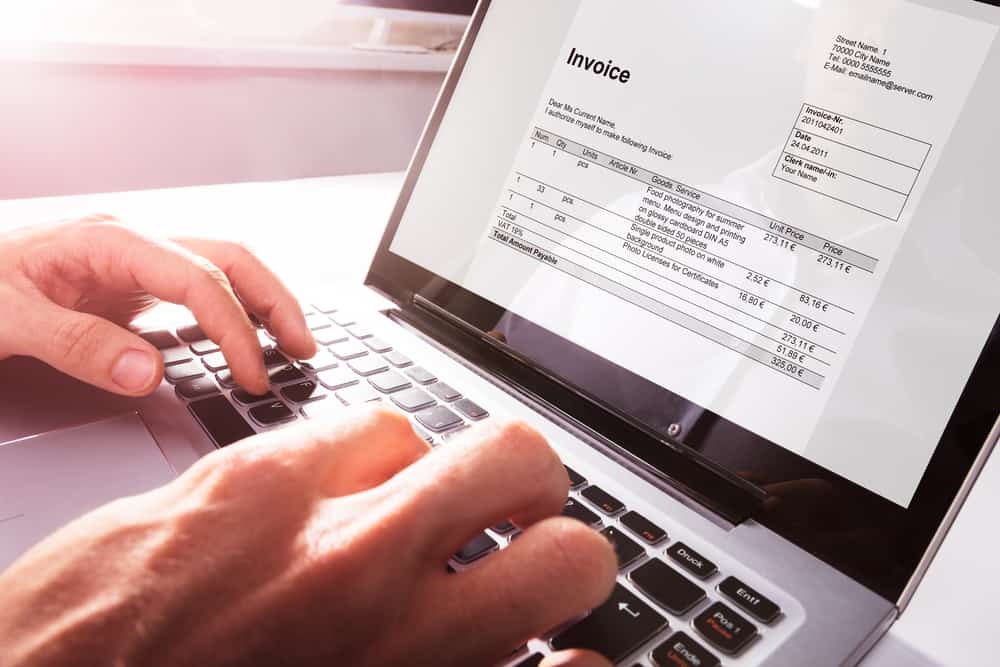Running a small or medium-sized enterprise (SME) in Singapore can be a thrilling yet challenging endeavour, and one of the pivotal challenges that can test the mettle of any business owner is expense management.
The growth and survival of your business hinge on how well you can control costs, monitor your cash flow, and optimise spending to support strategic objectives. With the island nation’s reputation as a global business hub, adopting efficient expense management practices is critical for SMEs to stay competitive and compliant within Singapore’s regulatory environment.
If you’re looking for practical finance management solutions to enhance your business’s cash flow, you’re in for a treat
Make Friends With Technology
Today, technology is not only a competitive edge but a necessity for efficient expense management. For SMEs, integrating the right tools can mean the difference between financial clarity and chaos. Here are some technology solutions to consider:
- Expense Tracking Apps
Gone are the days of heaps of paper receipts. Modern expense-tracking apps like Expensify, Zoho Expense, and Receipt Bank allow you to capture and categorize expenses on-the-go. With features such as real-time reporting and automated compliance, they can significantly reduce administrative burden.
- Cloud-Based Accounting Software
SMEs can gain immense benefits from cloud-based accounting software such as Xero, QuickBooks Online, or MYOB. These platforms not only provide a centralised location for all financial data but also facilitate collaboration, offer greater visibility, and ensure you’re always working with the most up-to-date information.
- Automated Receipt Scanning Tools
Smart tools like Scanbot and Evernote’s ScanSnap aid in digitising and storing receipts. By automating much of the data entry process, you free up precious time and minimise errors that could occur with manual input, keeping your finances more accurate.
Budgeting Strategies
Sound budgeting is vital for SMEs to manage expenses effectively and plan for the future. Implementing robust budgeting strategies can help you achieve your financial targets without unnecessary waste.
- Zero-Based Budgeting
Zero-based budgeting requires every department to justify each expense item, starting from a “zero base.” This tactic encourages meticulous spending and ensures that every dollar is allocated where it can generate the most value.
- Cost-Cutting Techniques
Identify non-essential expenses and eliminate or reduce them where possible. This could range from minor changes like switching to energy-efficient products, to major overhauls like renegotiating supplier contracts.
- Forecasting and Planning Tools
Utilise sophisticated forecasting software to predict income and expenses. Xero and QuickBooks Online offer features like cash flow forecasting, alerting you to potential cash crunches, and guiding decision-making to mitigate risks or capitalise on opportunities.
Outsourcing Finance Functions
The complexities of financial management require expertise that you might not have in-house. Outsourcing can provide access to professionals who are adept at navigating Singapore’s stringent financial regulatory requirements.
- Accounting Services
Outsource basic bookkeeping and accounting services to firms like BDO, Deloitte, or PwC. These firms have dedicated SME services and can tailor their expertise to your size and industry.
- Virtual CFOs
A virtual CFO can provide strategic financial advice without the commitment of a full-time employee. SMEs can benefit from the experience of a CFO for high-level financial planning and decision-making.
- Expense Auditing Firms
Engaging expense auditing firms can help identify and rectify costly errors and fraudulent activities in your expenses, ensuring that you’re not bleeding revenue unknowingly.
Tax Compliance Tips
Navigating Singapore’s tax landscape is a crucial aspect of financial management. Staying compliant can save your SME from hefty penalties and legal troubles. Here’s how to manage taxes effectively:
- GST Regulations
Understand the Goods and Services Tax (GST) requirements for your business. For most SMEs in Singapore, GST-registered businesses have to charge and remit GST, while also claiming refunds on GST incurred. Adhering to these guidelines is imperative.
- Tax Deductions for SMEs
Familiarise yourself with tax deductions available for SMEs. Singapore offers various tax reliefs and incentives like the Productivity and Innovation Credit (PIC), which can significantly reduce your tax liability.
- Working With Tax Advisors
Consult with tax professionals to ensure you’re maximising tax benefits. Their knowledge and guidance can help structure your expenses in a tax-efficient manner, relieving the financial strain and supporting broader business objectives.
Employee Expense Policies
The management of employee expenses is an area that can quickly spiral out of control without clearly defined guidelines. Establishing robust policies is essential for maintaining financial integrity.
- Clear Reimbursement Guidelines
Your expense policy should outline what expenses are eligible for reimbursement and the process for claiming them. Clarity here helps prevent misunderstandings and improves employee satisfaction.
- Expense Report Submission Processes
Streamline the submission and approval process for expense reports. Tools like SAP Concur or Zoho Expense can automate workflows, ensuring that all reports are timely and accurately processed.
- Monitoring and Control Measures
Implement regular audits of expenses to identify trends, outliers, and potential abuse. With the right tools, such as audit analytics, you can keep a pulse on your company’s spending in real time. Additionally, set limits and restrictions on specific expense categories to prevent overspending.
Conclusion
In a highly competitive market like Singapore, robust finance optimisation is critical for SMEs to thrive. By using technology, smart budgeting strategies, strategic outsourcing, and diligent tax compliance, you can steer your SME towards financial health and sustainable growth. It’s time to invest in the tools and strategies that will not only save you money but also help you make informed and strategic financial decisions.
Expenses may seem like a daunting aspect of SME management, but with the right approach, they can become a source of operational efficiency and strategic insight. It’s all in the way you manage them. Remember, every dollar saved or spent wisely is a step closer to securing your SME’s position as a robust and growing entity in Singapore’s dynamic business landscape.








